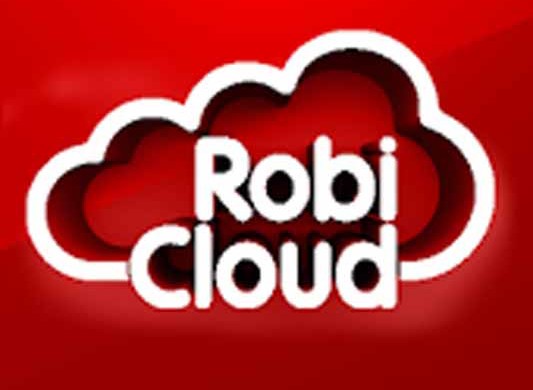The Obama administration’s desire for a universal health-care system soon may be fulfilled – in Bangladesh.
It is there that U.S. taxpayers potentially face an initial $90 million “investment” solely to design such a system.
The Advancing Universal Health Coverage, or UHC, initiative in Bangladesh “would help to increase health insurance coverage on a massive scale,” says the U.S. Agency for International Development, or USAID.
The purpose of the endeavor is to help create public- and private-sector mechanisms to finance and expand the delivery of health care to the people of Bangladesh, according to an amended ![obama]](http://www.bdreports24.com/wp-content/uploads/2015/03/obama.jpg) Broad Agency Announcement, or BAA, that the agency released Nov. 1.
Broad Agency Announcement, or BAA, that the agency released Nov. 1.
The Obama administration already has in place multiple health- care assistance programs in this predominantly Muslim, South Asian nation, where it is slated to provide $208 million in overall aid in fiscal year 2017. Of that amount, 41 percent – or $85 million – falls under the “health” heading.
Covering the estimated $60-$90 million cost of the new UHC endeavor depends on the future availability of funds as well as on the approval of concept papers that “qualified U.S. and non-U.S. organizations” may submit to USAID.
Here’s the help you’ll need to prepare your household for the realities of living under a centralized health-care system — order Dr. Lee Hieb’s “Surviving the Medical Meltdown: Your Guide to Living Through the Disaster of Obamacare”
The administration through USAID expressed a commitment to help the government of Bangladesh, or GOB, achieve its objective of providing UHC by 2032. The agency acknowledged, however, that several obstacles stand in the way attaining that goal – including a GOB trend of spending proportionally less money each year on health care for Bangladeshis.
According to a “Problem Statement” included in the BAA, Bangladesh relies heavily on high out-of-pocket expenditures to fund health services, while government health expenditure, as a proportion of total health spending, continues to decline.
“This trend is the opposite of what UHC countries are striving to do,” the BAA points out.
USAID identified additional challenges to implementing UHC, such as “limited institutions offering health coverage in Bangladesh. Additionally, the NGO and private or health providers need improved governance and updated management systems.”
But since “Bangladeshi patients/consumers are increasingly eager to access affordable, quality, patient-centered health services while minimizing financial hardship,” the Obama administration intends to pour money into this impoverished nation to facilitate necessary changes.
Despite USAID’s acknowledgement of these conditions, the agency envisions transitioning existing Bangladeshi health clinics “away from significant USAID support to a self-sustaining entity.”
And although the nationwide network of Smiling Sun clinics currently is heavily dependent upon Obama administration generosity, USAID maintains that there is “significant potential for rapid scale-up of health insurance coverage and other creative health financing strategies through this network.”
The Smiling Sun facilities currently provide services through 388 primary care and maternal child health clinics, according to the BAA. USAID additionally touted that “Smiling Sun also operates 10,186 satellite clinics in urban slums and rural areas.”
WND EXCLUSIVE
















